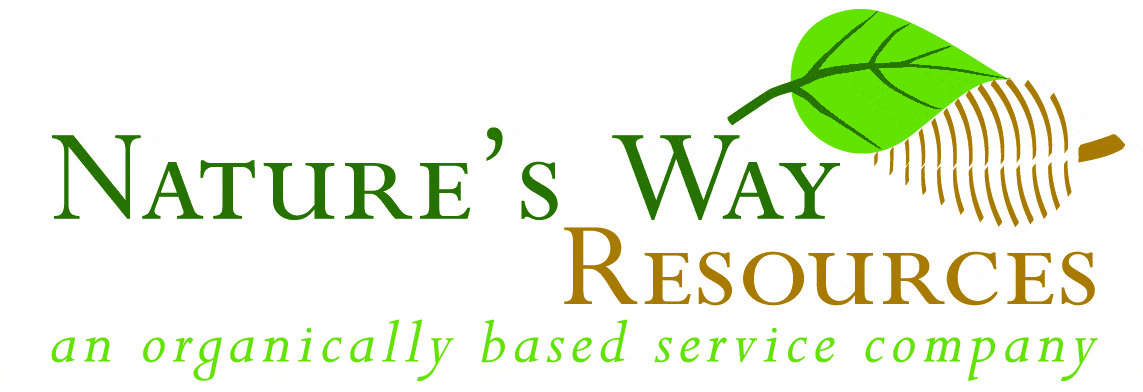John's Corner:
Soil & plants (Part 154)
News from the Wonderful World of Soil & plants 154
By: John Ferguson
A study in Scientific Reports (2021) has found that the neonicotinoids group of systemic pesticides disrupts the memory and sleep patterns of bees and butterflies, which limits their ability to forage, pollinate and reproduce.
Additionally, since treated seeds get eaten by various birds and mammals, where these toxic chemicals then hurt them.
Researchers at the University of Texas have reviewed the impacts of flupyradifurone (Sivanto) and sulfozaflor (Transform) and found they are similarly systemic and toxic. Proceedings of The Royal Academy of Sciences (2020)
When we talk about pollinators we often forget about Moths. A study in the journal Biology Matters (2019) found that over 100 moth species carried pollen to dozens of different species of plants.
Moths also pollinate many species of plants that bees and butterflies do not, hence they are essential for some plant families. When designing our gardens, we need to provide for moths also to have a functioning ecosystem. Journal Biology Letters (2020)
As gardeners we often forget about life in the soil and its importance. The health of our plants is directly tied to the health of our soil. A paper in the journal Frontiers in Environmental Science (2021) was a meta-analysis of 400 studies on soil invertebrates (e.g. insects, spider, worms, anthropoids, crabs, etc.).
Soil invertebrates form up to half of all soil aggregates that allow air and water to move through the soil, breaking down litter and releasing organically enriched casts and feces. They help support nutrient cycling, control of many diseases, and provide other services that helps plant growth.
When we use toxic pesticides, we kill off these good guys, increasing the number of problems we experience in our gardens.
Similarly, a study in the journal Science (2021) has found that pesticide toxicity has more than doubled for many invertebrates since just 2005. Herbicides and fungicides were especially harmful to earthworms, nematodes, and spring tails. The pesticides reduce the soil life required for plants to grow strong and healthy resulting in weaker plants more susceptible to insects and disease.
Note: When approving insecticides, the EPA does not test for effects on non-target organisms or other toxic effects. For example, the toxic herbicide dicamba volatizes very easily and the wind causes it to drift onto other property causing damage. By killing plants on neighboring property, bee farmers lose their bee colonies, or for wine growers suppresses their yield or just kill the grapes.
We often think of the Amazon rain forest as being old and undisturbed, however recent research has found much of the Amazon is around 500 years old by using a new mapping technique. They did find one are of rain forest in Peru that is 5,000 years old.
Plants take up silica from the soil and use it to produce microscopic mineral particles called “phytoliths” that provide structural support for the plants. When the plant dies and decomposes, these mineral particles are left behind and can exist for thousands of years. Different species of plants produce different shaped phytoliths.
By using this new technique of studying these minerals and looking at charcoal fragments, researchers can identify what kind of plants lived there in the past. They were able to map which areas of the rain forest were undisturbed. Proceedings of the National Academy of Science (2021)
Most of us are aware that the 300 or so dead zones at the mouths of rivers around the world, are caused by excess nutrients from artificial fertilizers and other source like feedlots (CAFO). CAFO’s (concentrated animal feeding operations) sometimes referred to as factory farms has other environmental costs beside polluting rivers and lakes.
The Alliance for Natural Health also found that the air pollution produced from factory farms kill 17,000 people each year whom live near CAFO’s as they produce a lot of toxic greenhouse gasses. This is another reason to purchase organic grass fed (pasture raised) beef, chicken, or pork which have far less environmental impact (some studies suggest up to 90% less environmental damage) and they are far better for our health. We need to be part of the solution instead of the problem by our purchasing decisions.
A new study published by Ecology Center and the Sierra Club tested artificial fertilizers for the toxic “forever chemicals”. These are per- and polyfluoroalkyl substances (PFAS) which cause many health problems from “cancer to birth defects and liver disease”.
These toxic artificial fertilizers are made with biosolids (sewage sludge) which are not regulated to remove these toxic chemicals, and were found in products sold by Lowe’s, Home Depot, and Ace Hardware.
These type products should never be used to grow any type of food crop as the PFAS will be taken into the plant.
Another good reason to only uses organic fertilizers, especially since they work better, and do not create the pollution from runoff.
NOTE: Several compost/soil companies in the Houston/Galveston area use sewage sludge in their products to lower costs.

